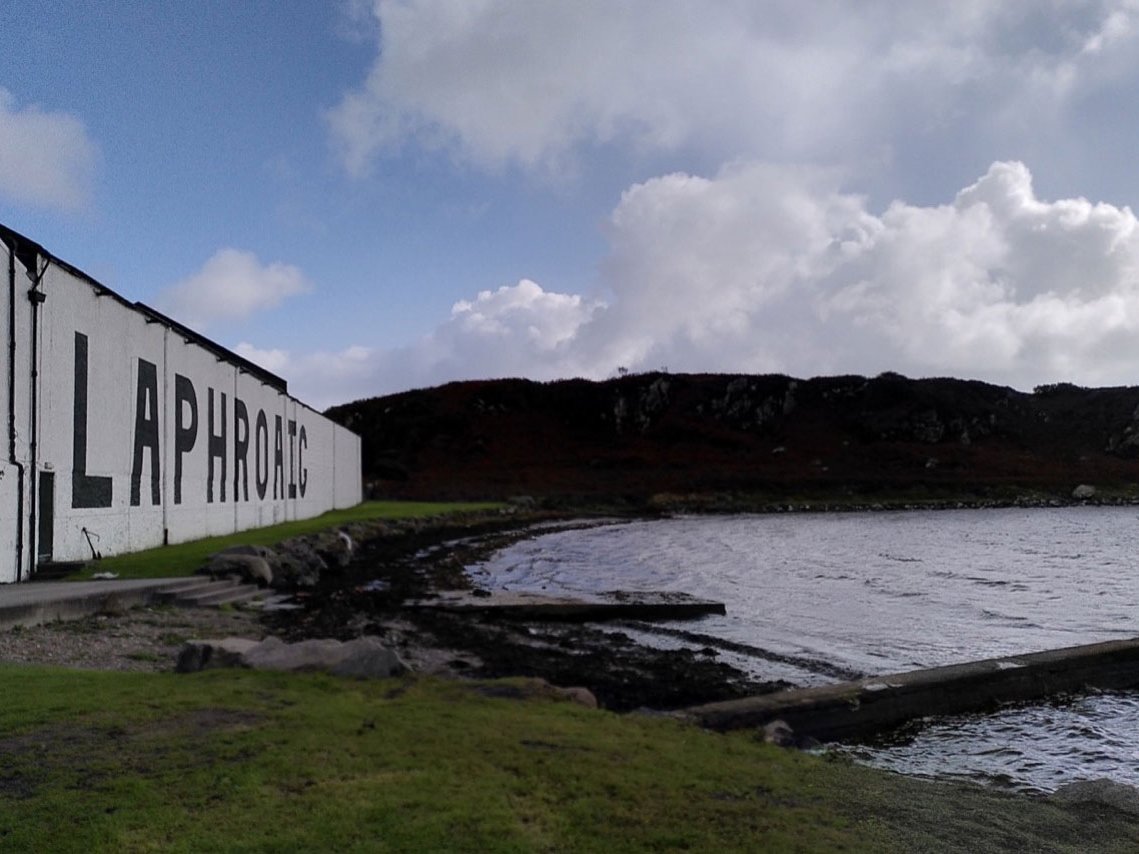
English ambition and Scottish anger: new dispute over single malt
Founded in 2022, the English Whisky Guild seeks its own protected designation of origin for spirits destilled south of Hadrian's wall. Much to the chagrin of the Scots, who see move as an attack on the very soul of single malt Scotch.
In the past, the (SWA) has proven itself to be extremely belligerent whenever the slightest shadow of a threat to its well-protected whisky designations has appeared. For example: Small, non-Scottish distilleries such as Glen Els or Glen Buchenbach were hit with lawsuits because of their name started with "Glen" and were forced to change their name. Woe betide anyone who dares gets too close to Scottish single malt! However, a new threat appeared in May 2022, which has the potential to drive Scottish destillers to open rebellion. This time, however, it's not some impertinent mainland Europeans utilizing misleading names for their spirits. It's much worse: it's the English, who are suddenly making their own whisky and even want their own protected origin designation.
In May 2022, 15 English whisky distilleries came together to form the (EWG) in order to "showcase and protect the quality and diversity of the now numerous, unique whiskies produced in England ". The potential of this association should not be underestimated, as the 50 English distilleries currently active recorded over 250,000 visitors in 2023. Just over half of these producers are now part of the EWA. It is also estimated that around 50,000 barrels are maturing in England today, which corresponds to a value of 1 billion pounds. The Guild's next declared aim is now to have "English Whisky" protected as a Geographical Indicator (GI) and to define its own rules for this new category.
Assault on single malt?
It is precisely these rules that are now getting the guardians of Scotch up in arms. The SWA is not fundamentally opposed to the English initiative to obtain its own GI for whisky – the rest of the United Kingdom (Scotland, Wales and Northern Ireland) has long enjoyed GI status – it fears for the integrity of single malt. Scotch whisky is currently subject to strict regulations: In order to qualify as "single malt", the grain must be mashed, fermented and distilled at a single location. However, the English have a different definition in mind , which would also make alternative processes possible – in particular, mashing and fermentation before distillation could take place at different locations. The SWA now fears that this could damage the reputation of single malts and affect the quality associated with the category.
And the English? Describing the SWA's concerns as "utter nonsense", they point out that the planned English whisky GI is by no means lax, and in fact seeks to enforce stricter regulations on the sourcing of ingredients than its Scottish counterparts. Specifically, English distilleries should only be allowed to use grain grown in Great Britain. This would actually be a stricter interpretation, as Scottish destillers are allowed to source their barley from anywhere in the world. These supplies from overseas are not subject to the same agronomic controls as British produce and could be treated with chemicals that are now banned in the UK, according to the EWG's caustic retort.
The fact that the Scotch lobby raised no objections when Welsh whisky was given its own protected designation of origin and committed itself to a similar model to what the English now have in mind can also be seen as somewhat biased, to say the least. But perhaps the Welsh competition was simply too insignificant to warrant a strong response. The EWG's application for recognition of a geographical indication for "English Whisky" can still be objected to until May 2025. It is therefore quite possible that the SWA will take further action.
Don't miss out!
Sign up now for our newsletter.











